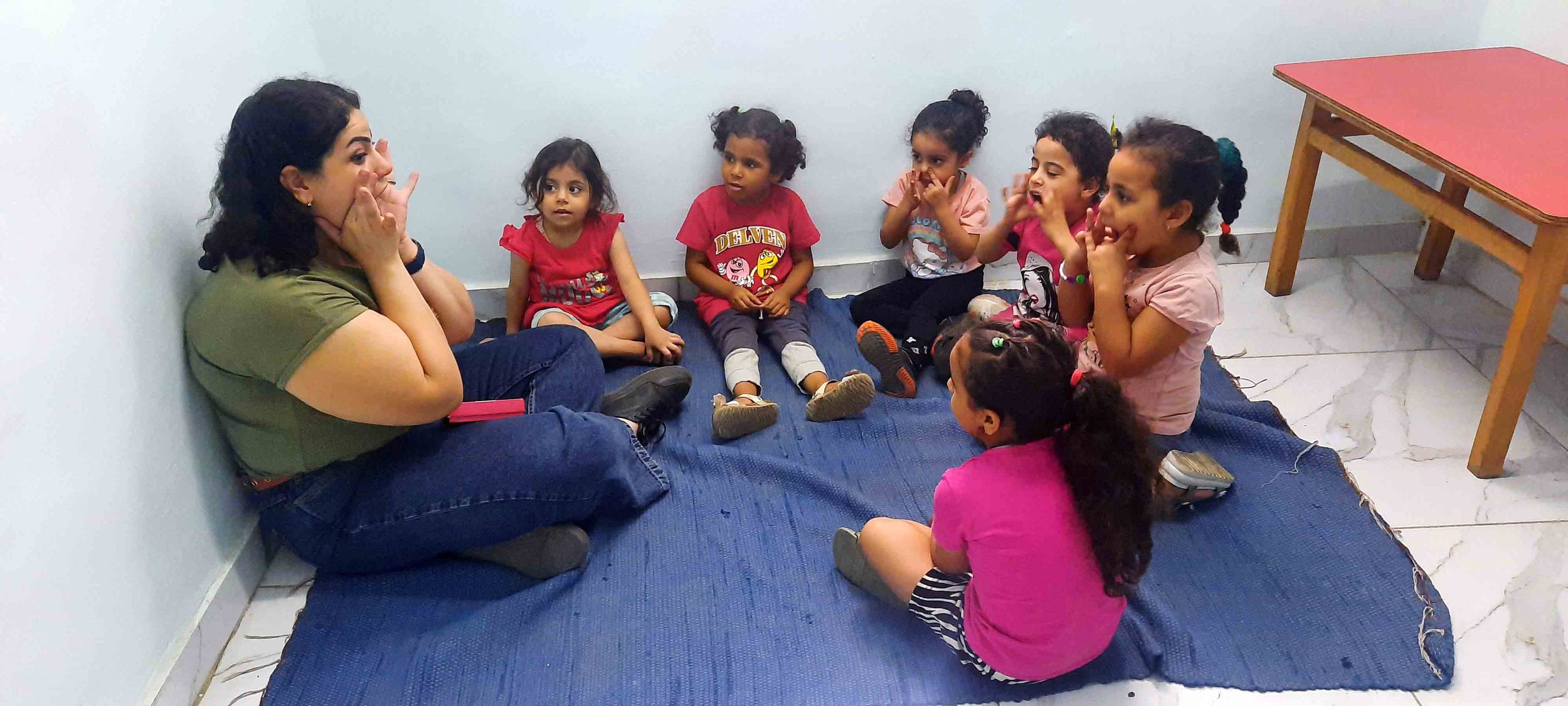
THE EMBRACE BLOG
Why do many Orthodox Christians celebrate Christmas in January?
Many of our Christian partners belong to the Orthodox family of churches. Most Orthodox Christians in the Middle East will celebrate Christmas on 7th January, - but have you ever wondered how and why this difference came about?
Faceless and Nameless People
This Christmas, we bring you a blog from Embrace Trustee and Dean of Bethlehem Bible College the Rev. Dr Munther Isaac reflecting on how intimately Palestinian Christians can identify with the Jesus whose birth we celebrate at Christmas.
Blessed are the Peace Makers
The word ‘peace’ can be defined in many ways. Is it the harmony and undisturbed coexistence with neighbours? Is it the welfare of the nation without internal strife and any external threat? Here, Archbishop Samyv explores the meaning of peace.
Fragile glimmers: why we mustn’t abandon hope
In our first blog of this Advent season, the Very Revd Canon Richard Sewell writes of fragile glimmers of hope for peace in Israel/Palestine, and why we must hold on to them.
Symbols of Peace
Coventry Cathedral is a building full of symbols, each carefully chosen and placed to point to something greater than themselves. Here, our very own Su McClellan, a Deacon at the Cathedral, takes us through these potent symbols of peace.
ISRAEL-PALESTINE: An Ageing Conflict Ready for Ignition?
Middle East expert Dr Harry Hagopian reflects on Gillian Mosely’s film, the Tinderbox, screened by Embrace in October.
Waiting for Bad News
Rami Khader is the Director of the East Jerusalem YMCA’s Rehabilitation Programme. Here, Rami explores the long term effects that home demolition in the Occupied Palestinian Territories has on Palestinian families, particularly children.
An ancient symbol of home: Harvesting olives in Palestine
The olive tree is a universal symbol of peace. It is also a powerful symbol of Palestinian rootedness in their land.
The Tinderbox blog: understanding Israel Palestine
‘The sad truth is that if we remain in our echo chambers, we stunt our growth as human beings. It’s a choice.’










